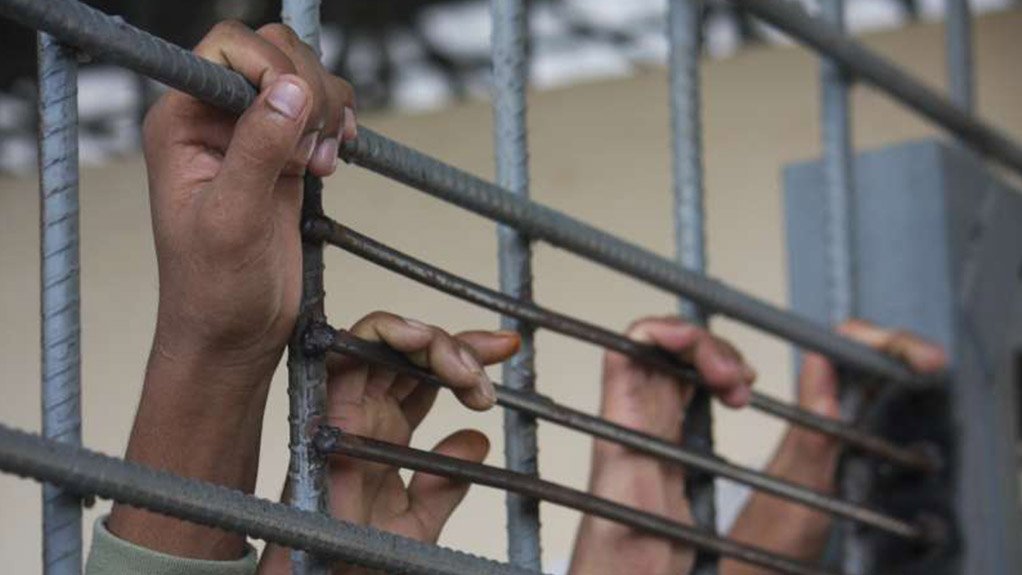Efforts to combat corruption will continue, National Treasury said on Wednesday.
This as Finance Minister Nhlanhla Nene tabled the Medium Term Budget Policy Statement (MTBPS) in Parliament.
“We will continue to fight waste and corruption, supported by our audit institutions and stringent monitoring and reporting requirements,” Nene told Parliament.
Efforts to improve value for each rand spent will include strengthened measures to identify, prevent and combat corruption in both the public and private sectors, noted the MTBPS statement.
Government’s anti-corruption task team has been investigating 169 criminal cases involving 945 individuals. By September 2014, investigations had led to 54 convictions with R1.8-million in assets having been frozen and R105-million in assets being forfeited.
Financial accounting and control systems are also being strengthened resulting in improved reporting of unauthorised, irregular or wasteful spending.
“Effective responses will distinguish between technical infractions and illegal activity.”
Additionally, National Treasury announced that over the next three years Chief Procurement Officer Kenneth Brown will build a foundation for more cost-effective operations in the public sector.
The range and scope of nationally negotiated contracts will be expanded and a national price referencing system will be introduced. Government will also draw on private-sector expertise and best practice in procurement systems.
“The fight against corruption also depends on an active citizenry which the National Development Plan (NDP) stresses is a precondition for South Africa to achieve its ambitious social and economic objectives,” noted the MTBPS, which is also known as the mini-budget.
Improving government services
Government on Wednesday expressed its commitment to maintain the core of social expenditure programmes, while sustainably increasing capital investment.
It said that budgets for health, education and social grants will keep pace with inflation over the medium term. This as inflation is currently above the Reserve Bank’s target of between 3% and 6%.
Allocations to employment programmes, technical training and skills development as well as housing and social infrastructure will also continue to grow in real terms.
The better alignment and coordination across government has the potential to improve programme effectiveness without requiring additional funds. Over the medium term the national budget will emphasise improving the use of public resources and identifying savings to finance policy priorities without effecting service delivery.
Also over the medium term, national budgets will emphasise restructuring the way departments and agencies work together to eliminate inefficient resource allocation and overlapping mandates.
It will also reinforce cost-containment with the 2015 budget paying particular attention to reducing line items that are not critical for service delivery.
In addition, government will encourage expanded partnerships between public agencies or with the private sector where such initiatives can bring about more efficient outcomes.
“Let me be absolutely clear: we will not balance the budget on the backs of the poor. This means that intensive effort has to be focused on achieving the intended savings and maximising efficiency,” said the Minister.
EMAIL THIS ARTICLE SAVE THIS ARTICLE
To subscribe email subscriptions@creamermedia.co.za or click here
To advertise email advertising@creamermedia.co.za or click here











